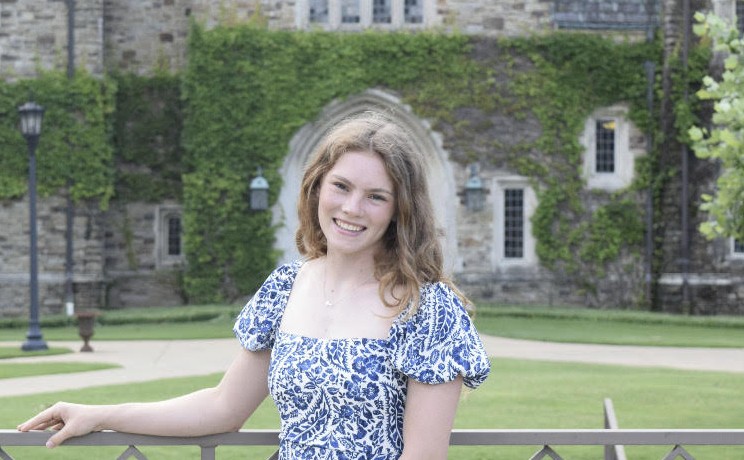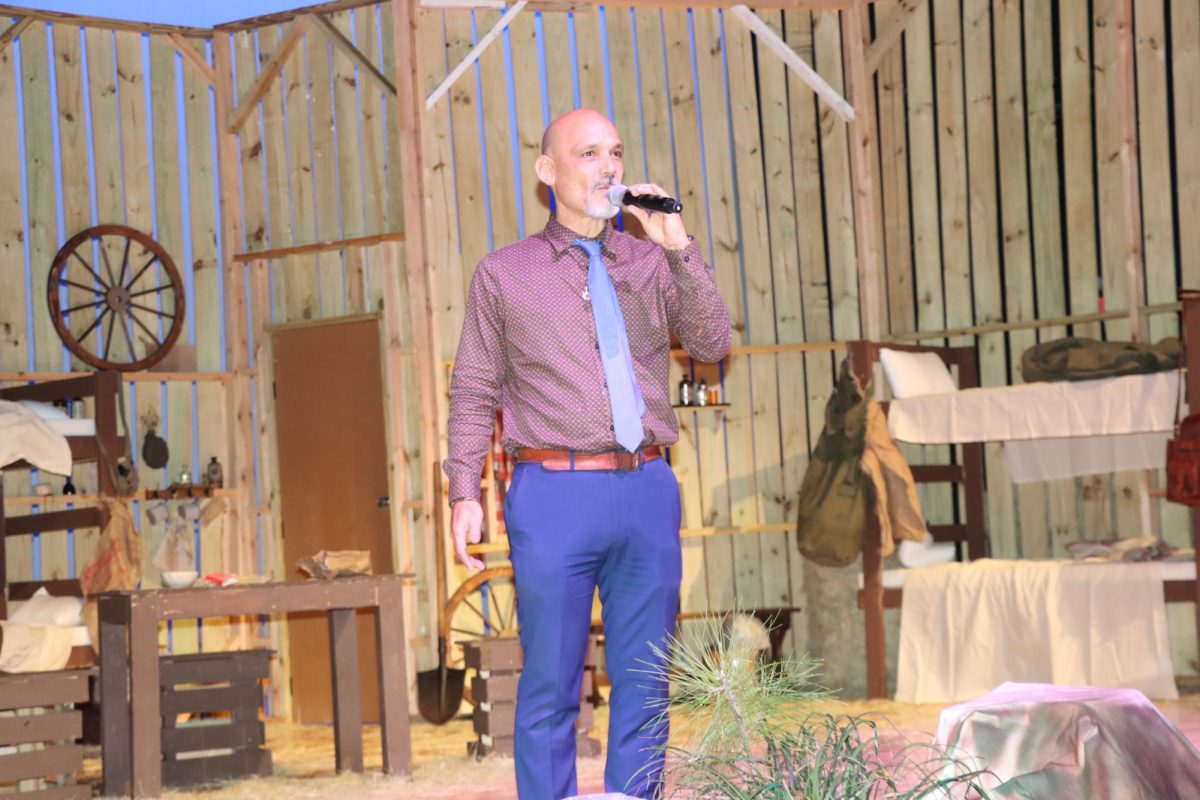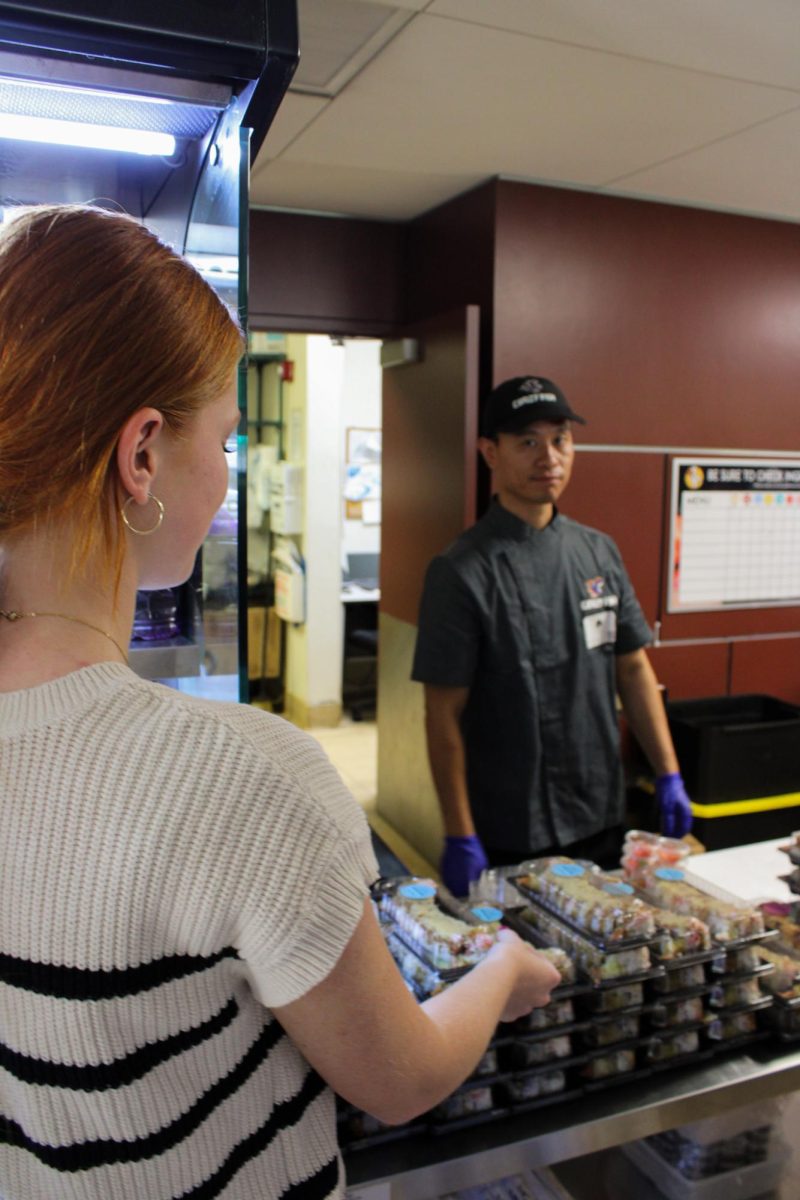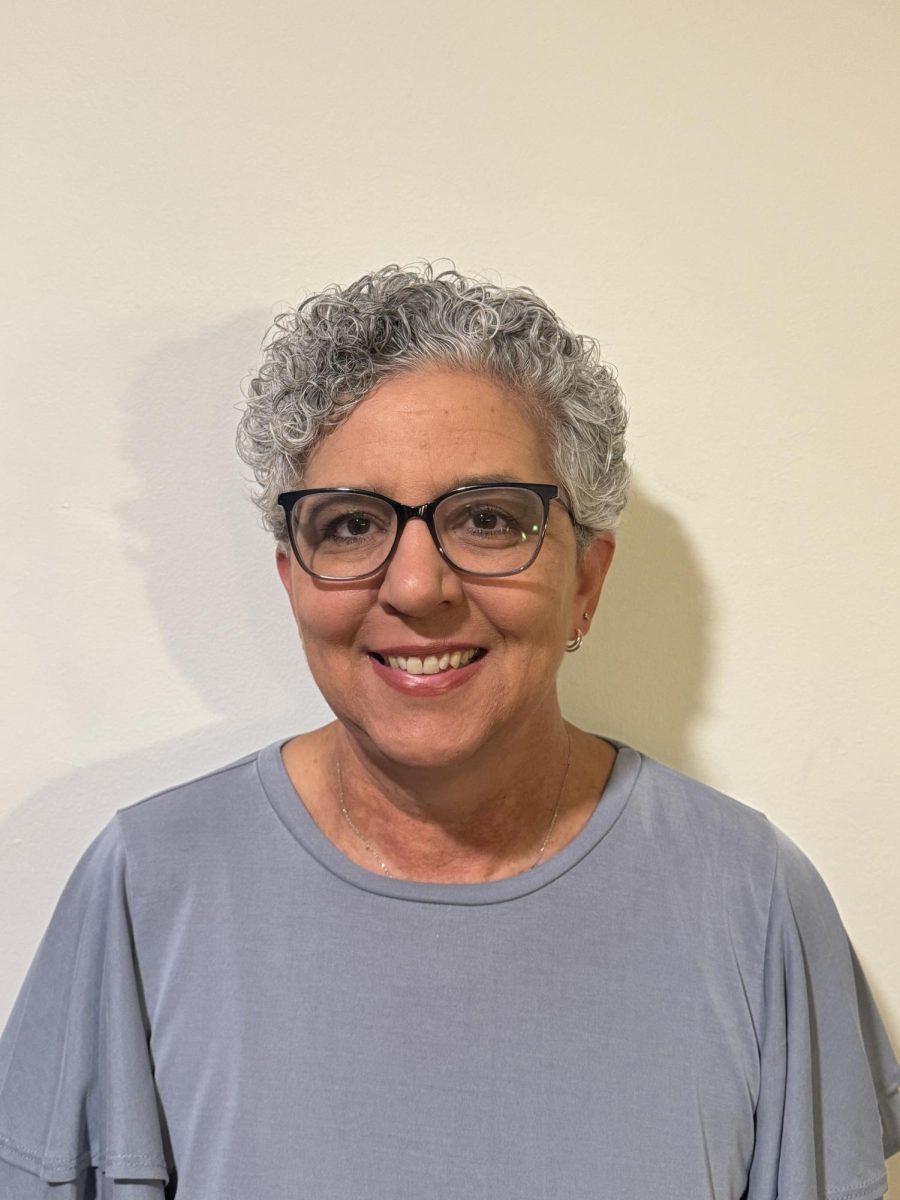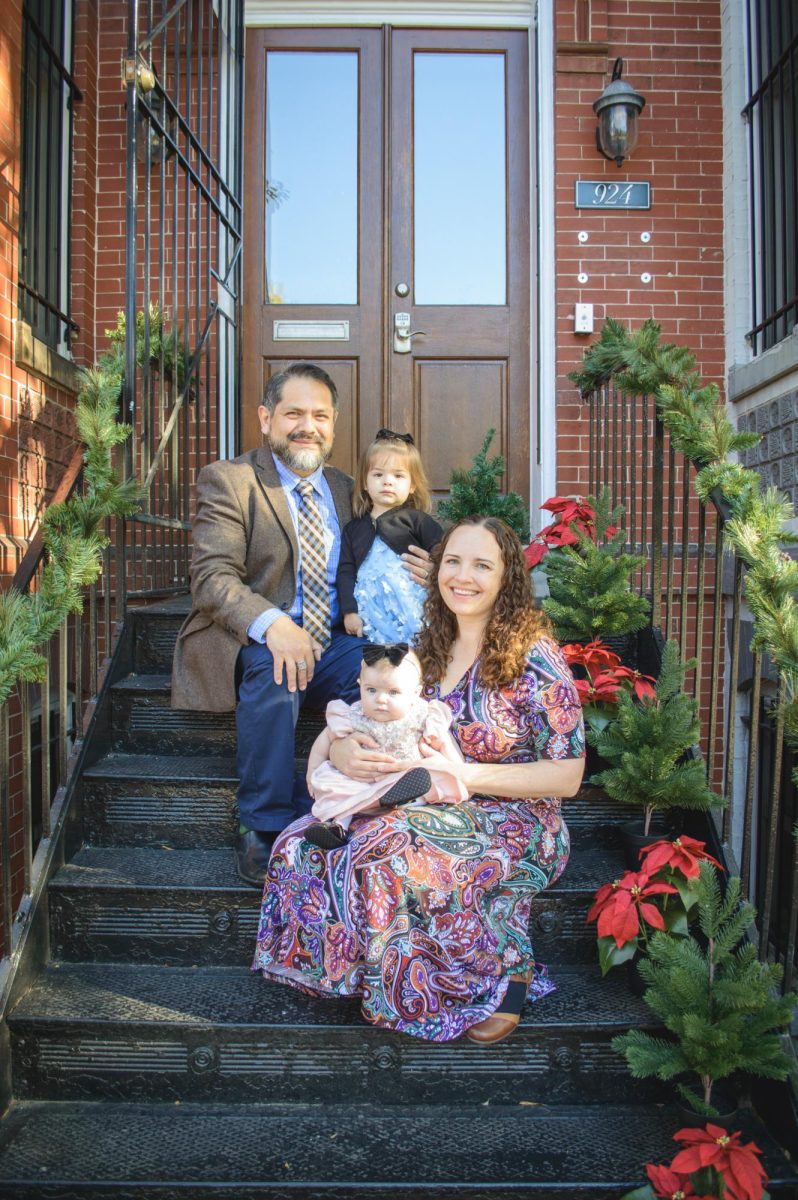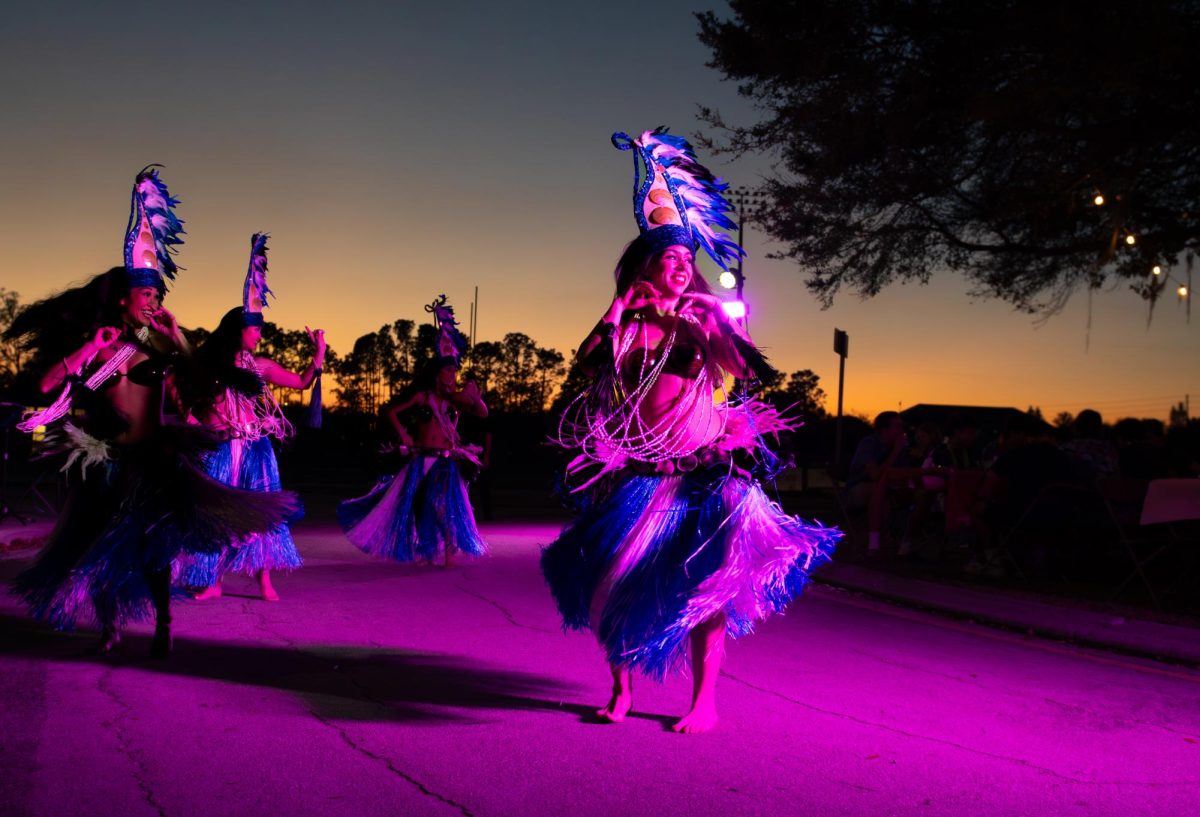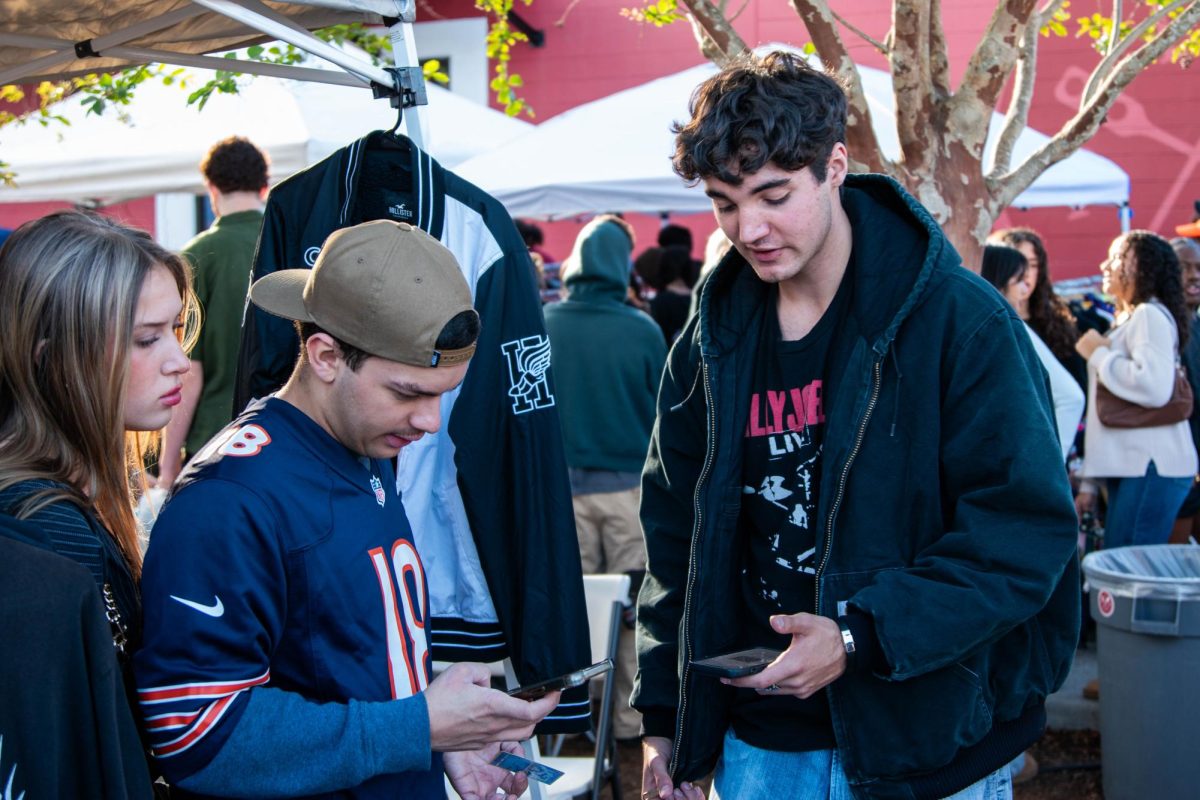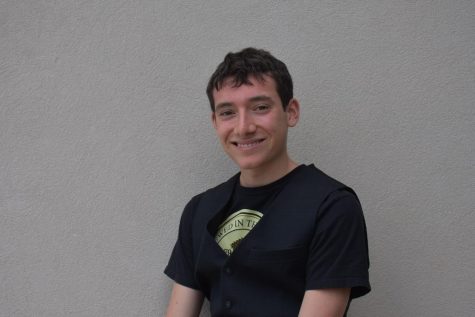From the moment any person walks into the class of Spanish teacher Inmaculada Lozano-Diaz, they are greeted with a festive air. Even involving the students in writing the date on the board creates a vibe of a holiday, with the students practically clamoring to call out the month, day and year. The excitement in the class is one-of-a-kind in how much students are clearly invested in actively participation, just as the teacher herself is unique.
“I attended the same school from the time I was six until I was 18. While in school, I was required to take two foreign languages,” Lozano-Diaz said. She knows not only Spanish and English but also French.
Originally from Madrid, Spain, Lozano-Diaz came to the United States to work at national parks while obtaining her bachelor’s degree, her favorite being Glacier National Park. She has also hiked in Alberta, Canada and in Montana, and she’s visited Mexico three times.
“Over the summer, I plan to travel all over Mexico once again and see all of locales I haven’t had the chance to yet,” Lozano-Diaz said.
While she enjoys being in the States, Lozano-Diaz does miss certain aspects of her Spanish heritage
“One difference between Spain and the U.S. is back home we work to live, while in the States people live to work.” Lozano-Diaz said. “In Madrid, we cook all of the time in a communal way,” Her favorite dishes included paella, patatas (a food of Madridian origin), gazpacho and tapas.
In Spain around Christmas time, Lozano-Diaz celebrated (and plans to celebrate again, when she visits this break) the holiday of Los Reyes Magos, or Three Kings Day, on Jan. 6. It celebrates the bestowed gifts the three wise men gave Jesus.
Besides this, Lozano-Diaz enjoys other traditional Spanish holidays. While Madrid may be known most for Encierro, or the Running of the Bulls, Lozano-Diaz celebrates some lesser-known festivities as well.
“There is a holiday called Las Fallas, where we burn structures made out of wood or papier-mache,” Lozano-Diaz said. “We also have Las Tomatinas, a festival where people throw tomatoes at one another.” One of her favorite festivities: Carnaval, a festival which takes place during February before Lent, where people have parades and parties almost continuously.
Whether she is teaching her students how to say the time in Spanish or quizzing them on whether a word is masculine or feminine, Lozano-Diaz remains popular among the student body for her festive good humor, such as with seventh grader Rhea Maniar.
“She has a lot of friends in different countries [who we talk with online],” Maniar said. “We also get to play fun games like bingo in Spanish.” In short, Lozano-Diaz’s class is a lot of learning and a lot of fun.





